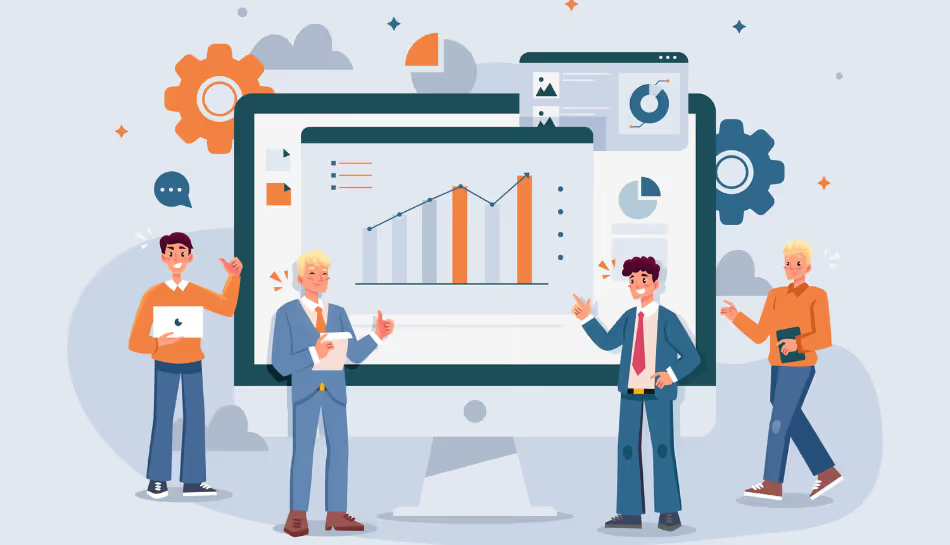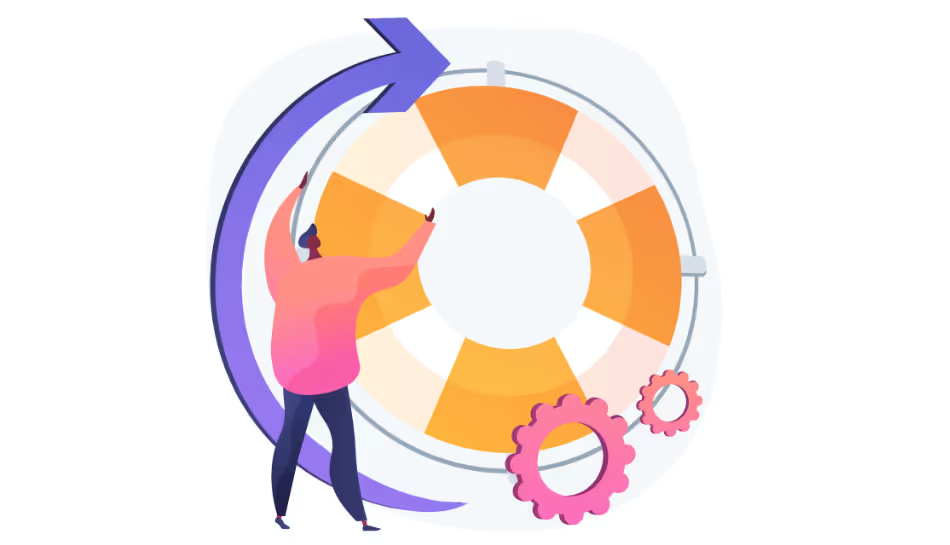In today’s fast-moving business environment, Chief Financial Officers (CFOs) are expected to go beyond number crunching. They are strategists, risk managers, and key decision-makers who guide the financial health of their companies. To succeed in this role, many CFOs are turning to ERP for CFO functions because of the wide range of benefits of an ERP system.
An Enterprise Resource Planning (ERP) system is more than a finance tool. It unifies several divisions, including supply chain, operations, finance, sales, and human resources, onto a single platform. This gives CFOs the clarity and control they need to make data-driven decisions. Let’s explore the advantages of ERP system adoption for CFOs and how it can transform financial leadership.
- Real-Time Financial Insights: One of the greatest benefits of enterprise resource planning software for CFOs is real-time visibility into financial data. Instead of waiting for reports from different departments, an ERP consolidates all information in one dashboard. This means CFOs can track revenue, expenses, cash flow, and profitability instantly. Such insights allow them to spot trends early, identify risks, and adjust strategies faster. With accurate, up-to-the-minute data, CFOs no longer rely on guesswork.
- Improved Compliance and Risk Management: CFOs are responsible for ensuring the company stays compliant with tax laws, audits, and industry regulations. This is made easier by ERP systems, which provide secure financial reporting, automatic audit trails, and integrated compliance checks. One of the biggest benefits of using ERP is that it lowers the possibility of mistakes and fines. By maintaining accurate records and aligning with local and global standards, CFOs can focus more on strategic goals and less on manual compliance work.
- Streamlined Processes Across Departments: ERP systems eliminate silos between teams by connecting every function of the business. For CFOs, this means financial operations are directly linked to inventory, HR, sales, and procurement. For example, if inventory levels drop or procurement costs rise, these changes immediately reflect in financial projections. This holistic view is one of the key ERP features and benefits, ensuring CFOs have a 360-degree understanding of how every department impacts the bottom line.
- Better Decision-Making with Forecasting Tools: Forecasting and advanced analytics are features of contemporary ERP systems. These tools help CFOs create more accurate financial models, predict cash flow needs, and evaluate investment opportunities. With these insights, CFOs can guide the company toward profitable growth while avoiding unnecessary risks. This predictive ability is one of the top benefits of an ERP system, empowering CFOs to be proactive rather than reactive.
- Cost Efficiency and Resource Optimization: CFOs are constantly searching for methods to cut expenses without sacrificing quality. Payroll, reconciliation, and invoicing are examples of repetitive financial operations that ERP systems assist with by automating. This cuts down on manual errors and frees staff for higher-value work. Additionally, ERP gives CFOs tools to track operating costs, identify waste, and improve resource allocation. Among the many advantages of ERP system usage, cost efficiency often provides the quickest return on investment.
- Scalability for Growing Businesses: As businesses expand, financial complexity increases. An ERP solution grows with the company, making it easier for CFOs to manage larger volumes of transactions, multiple branches, and global operations. This scalability is one of the less obvious but highly valuable benefits of enterprise resource planning software. It ensures that CFOs don’t have to switch systems every time their company scales up.
Final Thoughts: A CFO's responsibilities now extend beyond financial supervision. In a world where strategic decisions rely heavily on data, adopting ERP systems is not just beneficial, it’s essential.



